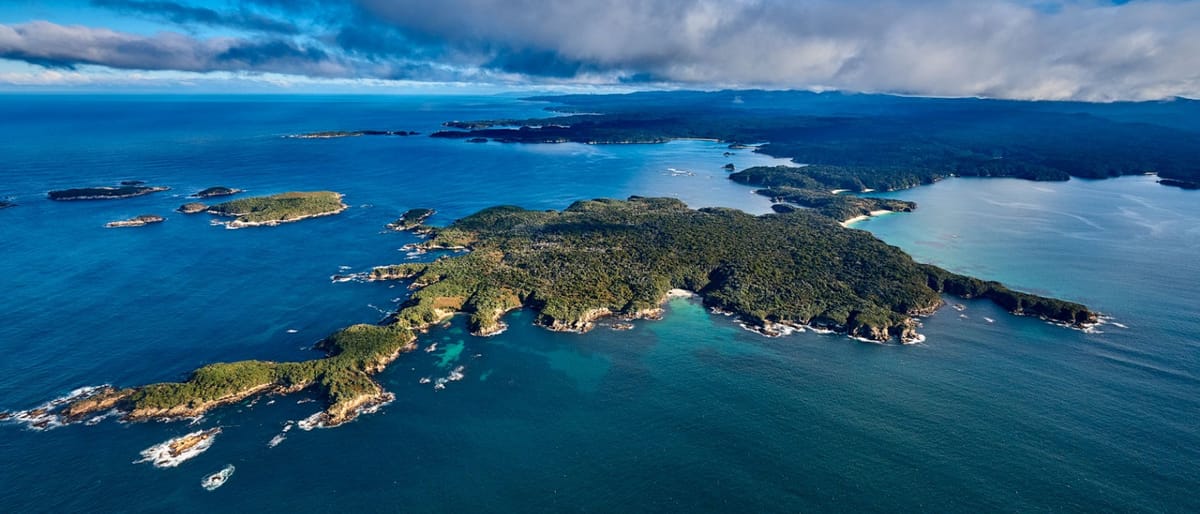A planned aerial 1080 drop to rid Stewart Island of Norway rats and other pest species has some locals concerned, following a public meeting this week.
Predator Free Rakiura is planning to use a 10,000ha trial block at the southern end of Rakiura in Autumn 2025, to learn what is needed to then upscale the operation to removal possums, feral cats and hedgehogs across the rest of the island.
Zero Invasive Predators (ZIP) has been engaged to lead the planning and delivery of the Predator Free Rakiura project, and the design of the operational work is being developed alongside iwi.
Te Puka Rakiura Trust (TPRT) and the Department of Conservation will continue working closely with ZIP as the project transitions to the new operating model.
Ground-based tools, such as traps and bait stations, will also be used in and around places where people live, including around Oban.
One local, who did not wish to be named, contacted whatsoninvers.nz to say while everyone on the island wants to save the native birdlife, the planned 1080 drops were starting to divide the community again, just as Covid-19 had with the vaccines.
“It’s affecting the mauri ora of the people and it’s not good, especially after what we went through with Covid,” she said.
Many love the idea of a predator free island, but not the planned methods to do it.
“It affects our lifestyles. There are definitely people here that support it, and there seems to be a divide between locals and imports,” she said referring to people that had moved to Stewart Island in recent years.
In 2018 a Worksafe report found contractors involved in a 1080 operation on the island had buried some of the unused poison, forcing DOC to review parts of its contractor management system.
The report found that 60kg of pellets was dumped and buried near a public walking track, and the operator admitted he was at fault.
Meanwhile, DOC claims its national predator control programme protects wildlife and forests, and in 2024 has covered about 1.8 million ha (20% of public conservation land).
The organisation says that it’s critical that rats, stoats, and possums are regularly controlled so that populations of threatened native species can survive and grow.
This is particularly important when beech forests produce more seeds than usual, known as a mast event, and predator populations rapidly increase.
A beech mast occurred in most South Island forests in 2023. This has triggered predator control operations in many high-priority areas in 2024.
Aerially applied 1080 was the best method available to control introduced predators and protect native species over large areas and rough terrain.
An aerial eradication of Norway rats using toxic bait containing brodifacoum was also completed in August 2023 on Ulva Island.
Ulva Island has been named one of the few pest-free open sanctuaries in New Zealand and is home to vulnerable species such as kiwi, weka, saddleback and yellowheads.


